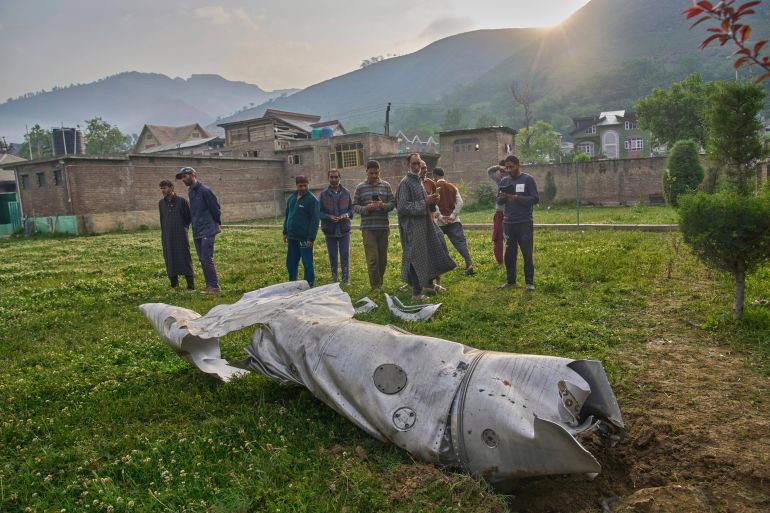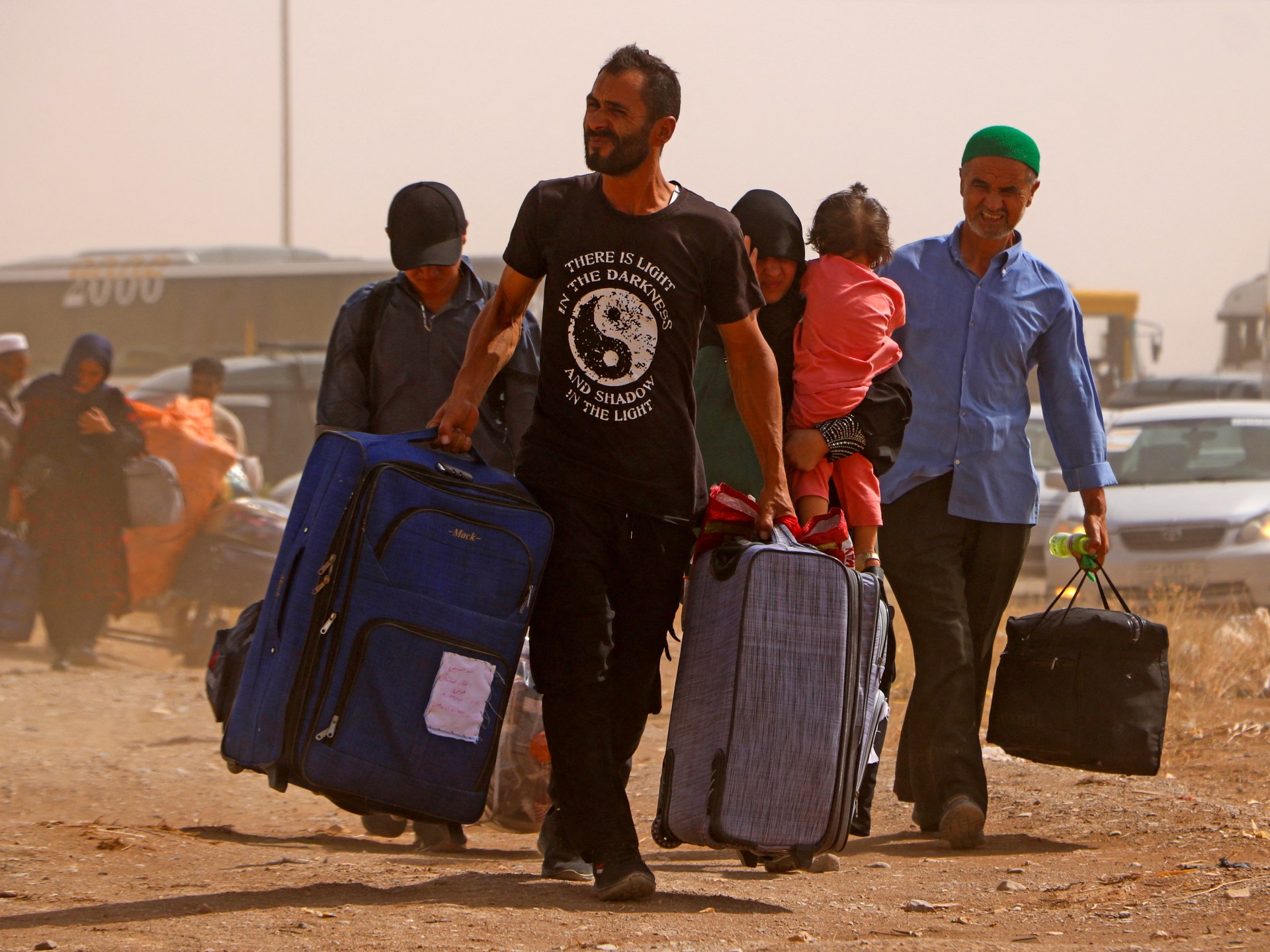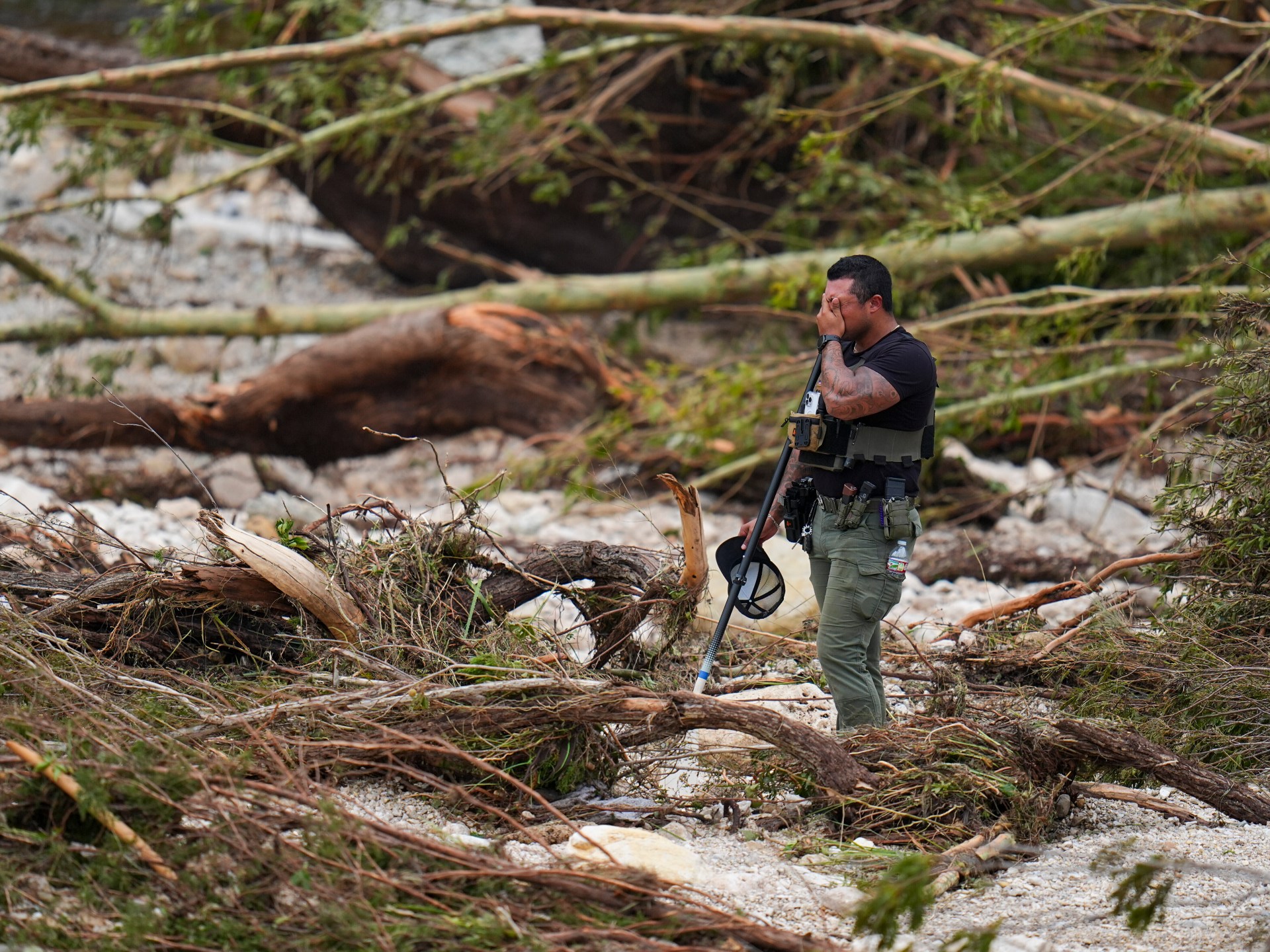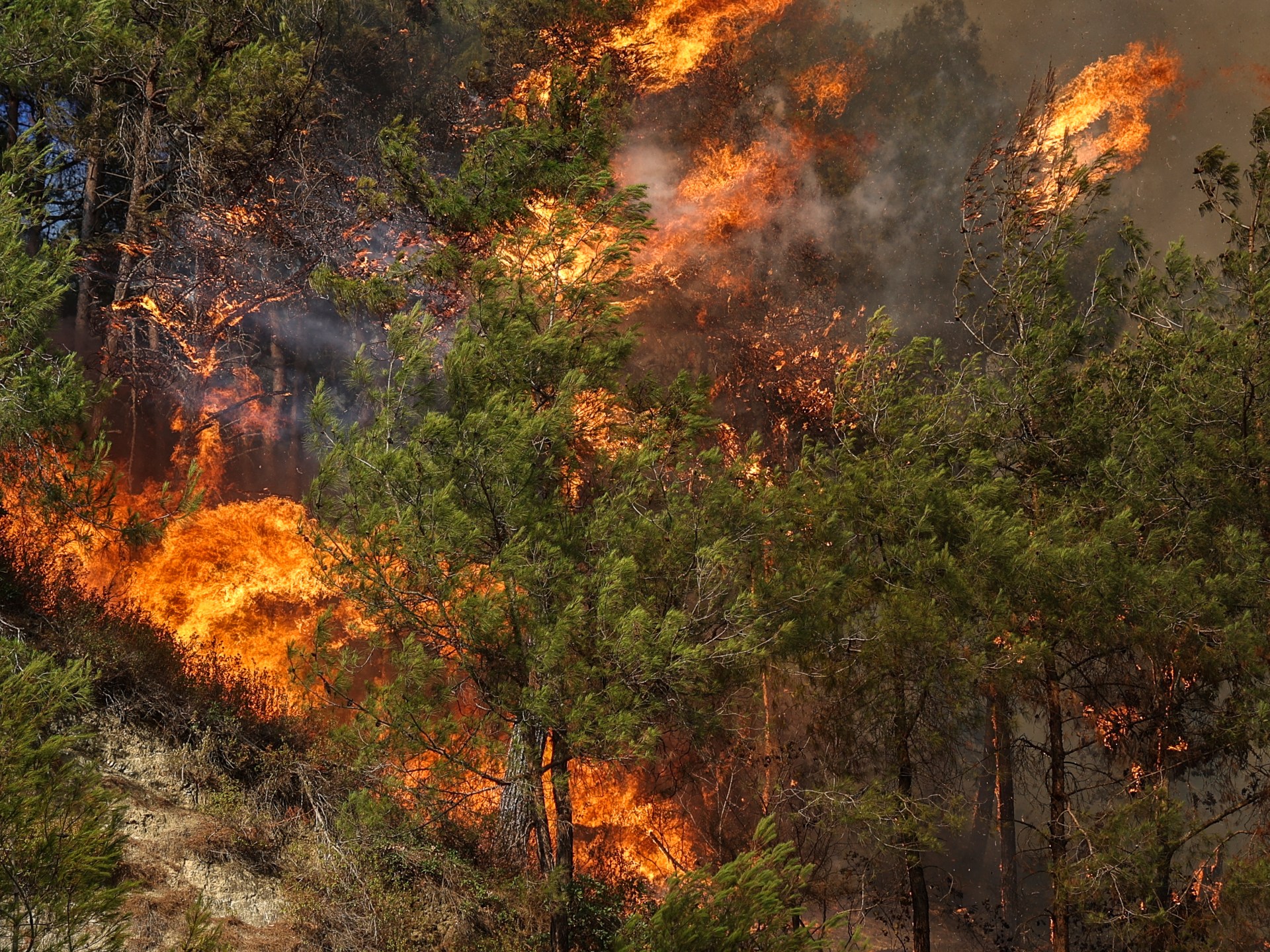French military and intelligence officials claim China has deployed its embassies to spread doubts about the performance of French-made Rafale jets following the aerial combat between India and Pakistan in May.
The Associated Press news agency, quoting French officials, reported on Sunday that Beijing is working to harm the reputation and sales of France’s flagship fighter aircraft.
French officials say they have found that the Chinese embassies are trying to undermine Rafale sales by persuading countries that have already ordered the jets, notably Indonesia, not to buy them and instead choose Chinese-made fighters.
The AP report said the findings were shared by a French military official on condition that they should not be named.
Four days of India-Pakistan clashes in May were the most serious confrontation in years between the two nuclear-armed neighbours, which included air combat involving dozens of aircraft from both sides.
Military officials and researchers have since been digging for details of how Pakistan’s Chinese-made military hardware – particularly warplanes and air-combat missiles – fared against weaponry that India used in air strikes on Pakistani targets, notably French-made Rafale fighters.
Sales of Rafales and other armaments are big business for the French defence industry and help Paris to strengthen ties with other nations, including in Asia, where China is becoming the dominant regional power.
India confirms losses
Pakistan says its air force downed five Indian planes during the fighting, including three Rafales. French officials say that prompted questions about their performance from countries that have bought the fighter from French manufacturer Dassault Aviation.
India acknowledged aircraft losses but did not say how many. French air force chief General Jerome Bellanger said he has seen evidence pointing to just three aircraft losses – a Rafale, a Russian-made Sukhoi and a Mirage 2000, which is an earlier generation French-made jet.
It was the first known combat loss of a Rafale, which France has sold to eight countries. “Of course, all those, the nations that bought Rafales, asked themselves questions,” Bellanger said.
French officials have been battling to protect the plane from reputational damage, pushing back against what they allege was a concerted campaign of Rafale-bashing and disinformation online from Pakistan and its ally, China.
They say the campaign included viral posts on social media, manipulated imagery showing supposed Rafale debris, AI-generated content and video-game depictions to simulate supposed combat.
More than 1,000 social media accounts newly created as the India-Pakistan clashes erupted also spread a narrative of Chinese technological superiority, according to French researchers who specialise in online disinformation.
French claims
Military officials in France say they have not been able to link the online Rafale-bashing directly to the Chinese government.
But the French intelligence service said Chinese embassy defence attaches echoed the same narrative in meetings they held with security and defence officials from other countries, arguing that Indian Rafale jets performed poorly and promoting Chinese-made weaponry.
The defence attaches focused their lobbying on countries that have ordered Rafales and other potential customer nations that are considering purchases, the intelligence service said. It said French officials learned of the meetings from nations that were approached.
The French Ministry for Armed Forces said the Rafale was targeted by “a vast campaign of disinformation” that “sought to promote the superiority of alternative equipment, notably of Chinese design”.
“The Rafale was not randomly targeted. It is a highly capable fighter jet, exported abroad and deployed in a high-visibility theatre,” the French ministry wrote on its website.
Asked by AP to comment on the alleged effort to dent Rafale’s appeal, the Ministry of National Defence in Beijing said: “The relevant claims are pure groundless rumours and slander. China has consistently maintained a prudent and responsible approach to military exports, playing a constructive role in regional and global peace and stability. ”






